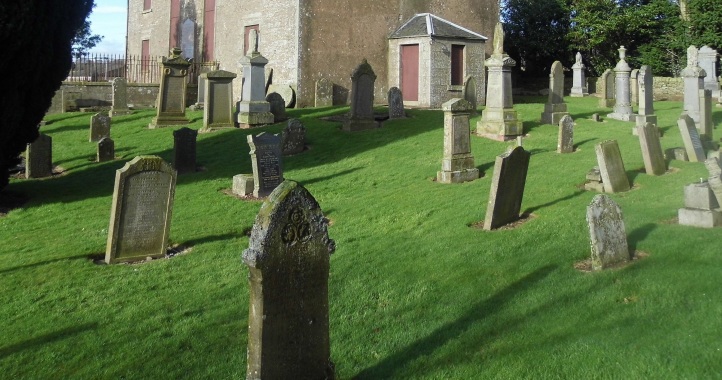Funeral related terms - words to do with death and funerals 1

BANESHANKS
In Medieval literature the idea of death was often personified as ‘the grim reaper’ and in equivalent Scots language tradition we sometimes find the figure Baneshanks which is very descriptive of the emaciated condition of death. The English for bane is ‘bone’. In the north of Scotland bane becomes been.
BEDDAL
Beddal is related to the word beadle and in Scottish tradition he was an officer of the local parish whose job was to summon people before the kirk session (equivalent to English ‘parish council’) and carry out other duties which included that of gravedigger. Beddal is from an old Germanic word meaning to command or summon.
BELLMAN
In Scottish custom the bellman made public announcements of deaths and funerals and was equivalent to the English ‘town crier’.
HALY GHAIST or SPREIT (or SPEERIT)
The Holy Ghost is a familiar figure in Christian tradition and known alternatively as the Holy Spirit.
KIRKMAISTER
A kirkmaister was traditionally any person appointed either by the church or local authority to oversee or upkeep money, property or rights related to the church and may be translated into English as ‘church officer’.
MEENISTER
This word comes from Latin and originally meant an officer who serves. In Scotland after the Reformation of 1560 minister usually meant either parish clergyman or an officer of state.